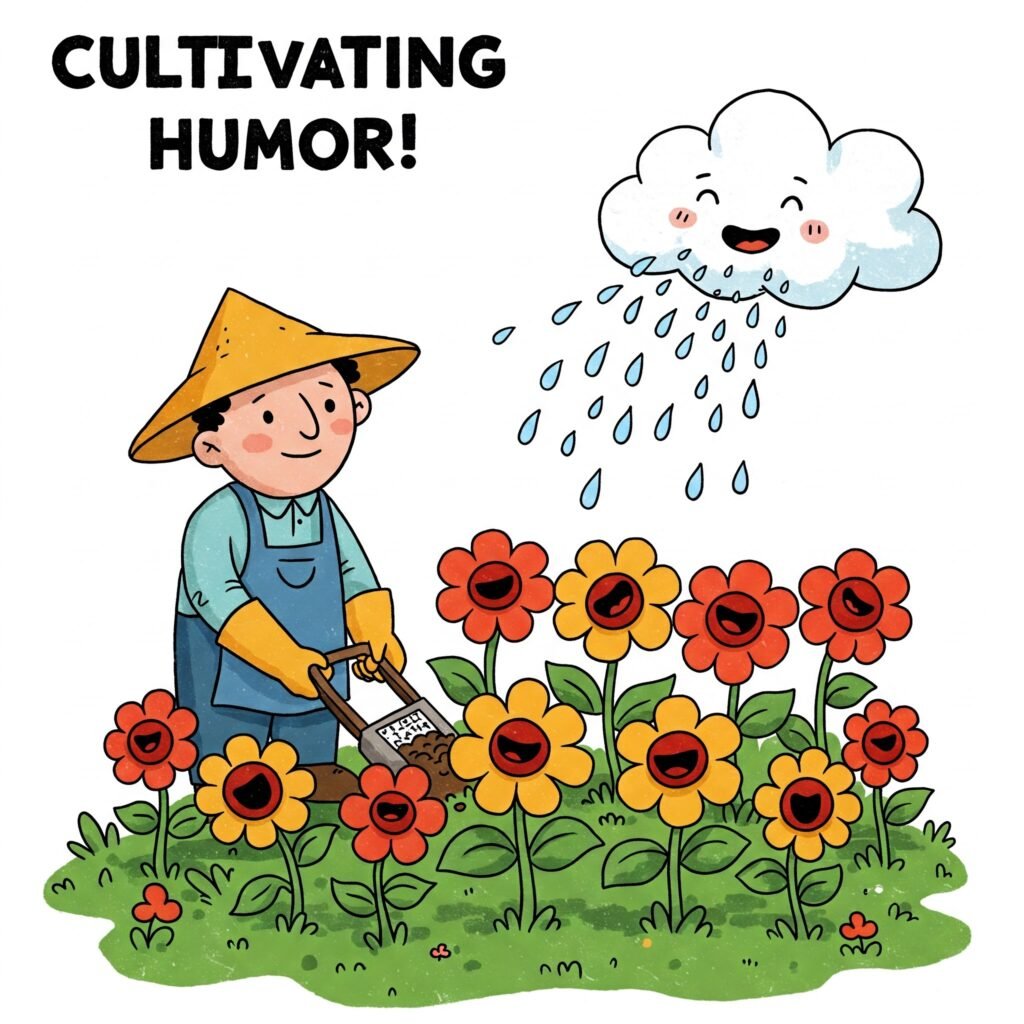Cultivate Humor: The Secret Ingredient to Building Positive Relationships

In a world often filled with stress and seriousness, the power of laughter is frequently underestimated. Cultivating humor isn’t just about telling jokes; it’s about fostering a sense of joy and lightheartedness that can significantly strengthen your positive relationships. This article explores how embracing humor and laughter can enhance your social skills and create deeper, more meaningful connections.
Why Humor Matters for Positive Relationships
- Breaks Down Barriers: Laughter is a universal language. It can diffuse tension, bridge gaps, and create a sense of shared experience, making it easier to connect with others.
- Reduces Stress and Anxiety: Sharing a laugh releases endorphins, natural mood boosters that can alleviate stress and anxiety, creating a more relaxed and positive atmosphere.
- Enhances Communication: Humor can make conversations more engaging and memorable. It can also help convey difficult messages in a gentler, more palatable way.
- Builds Trust and Intimacy: Sharing a laugh creates a sense of vulnerability and connection, fostering trust and intimacy in relationships.
- Improves Social Skills: Knowing how to use humor appropriately is a crucial social skill. It shows empathy, self-awareness, and the ability to read social cues.

Cultivating Humor in Your Daily Life
- Find the Funny in Everyday Situations: Look for the absurd or ironic aspects of daily life. This can help you develop a more lighthearted perspective.
- Share Funny Stories and Anecdotes: Telling humorous stories can be a great way to connect with others and create shared memories.
- Watch Comedy and Funny Videos: Exposing yourself to humor can help you develop your own sense of what’s funny and how to deliver it.
- Practice Self-Deprecating Humor: Lightly poking fun at yourself can show humility and make you more relatable. Be sure to avoid excessive self-criticism.
- Use Humor to Diffuse Tension: When conflicts arise, a well-placed joke or funny observation can help lighten the mood and create space for productive communication.
- Be Mindful of Your Audience: Humor is subjective. What one person finds funny, another may find offensive. Be aware of your audience’s sensibilities and tailor your humor accordingly.
- Encourage Laughter in Others: Creating an environment where people feel comfortable laughing is key to building positive relationships. Respond positively to others’ attempts at humor.

The Science Behind Laughter and Positive Relationships
Studies have shown that laughter triggers the release of oxytocin, a hormone associated with bonding and trust. It also reduces cortisol, the stress hormone. This physiological response contributes to the positive effects of humor on social skills and relationship building.
Integrating Humor into Your Social Skills Toolkit
- Active Listening: Pay attention to the subtle cues and unspoken messages in conversations. This will help you understand what kind of humor is appropriate.
- Empathy: Consider the other person’s perspective and feelings. Avoid humor that could be hurtful or insensitive.
- Timing: Delivering a joke or funny comment at the right moment is crucial. Practice your timing to maximize the impact of your humor.
- Nonverbal Communication: Use facial expressions, body language, and tone of voice to enhance your humor





